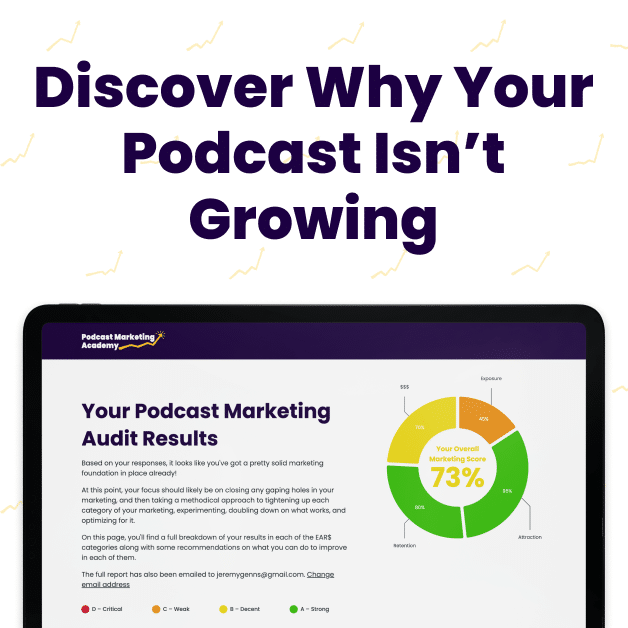A few years ago, I heard a story about a high school basketball player who was determined to one day make the NBA.
Like so many up-and-coming basketball players his age, his idol was LeBron James.
In an effort to replicate LeBron’s career trajectory and success, the young player decided to replicate everything that contributed to it.
He pored through articles, interviews, podcasts, and videos to research LeBron’s up to date diet, workout regimen, and training program.
Then, once he’d identified them, he adopted them with single minded focus.
You have to admire the young player’s ability to identify his goal, come up with a plan to get there, and then have the dedication to stick with it.
There was one problem with the plan however.
His coach—who I heard the story from—pointed out to him one day after practice.
The student had built his own strategy around the one Lebron was currently using, which he figured was the ultimate end product of decades of experimentation and refining by the best player in the world.
But this wasn’t necessarily the case.
See, at this point in LeBron’s career—having played literally thousands of games, over 1,500 of them at the professional level—his dietary, workout, and training programs were no longer optimized for absolute peak performance.
He wasn’t trying to add muscle and bulk up.
He wasn’t aiming for peak explosiveness, speed or power.
Instead, he was optimizing for longevity and injury prevention. Attempting to postpone the inevitable effects of decades of wear and tear on his body.
The high school player was in a very different situation, however.
Which meant he required a very different strategy.
One that took into account his unique goals, assets and experience and built around them.
The same principle applies to developing a growth strategy for your show.
It’s tempting to study what the most successful shows are doing to market their shows and apply the same tactics to our own.
But this strategy rarely works.
These shows are at a very different stage in their life cycle with very different goals.
Many successful shows spend almost no effort on growth and are primarily focused on maximizing revenue of the platform they’ve spent years developing.
Needless to say, taking growth cues from these shows is unlikely to get you the results you’re hoping for.
In fact, taking your cues from anyone without knowing what their goals are and how each element of their strategy is designed to address them is a recipe for disappointment, frustration, and wasted time.
If you want to grow, you need a plan that’s built to address the specific challenges facing your show now.
It needs to be built around the assets you have available.
And it has to cater to your strengths, interests, and personality.
Anything else is just shooting in the dark and hoping for the best.





